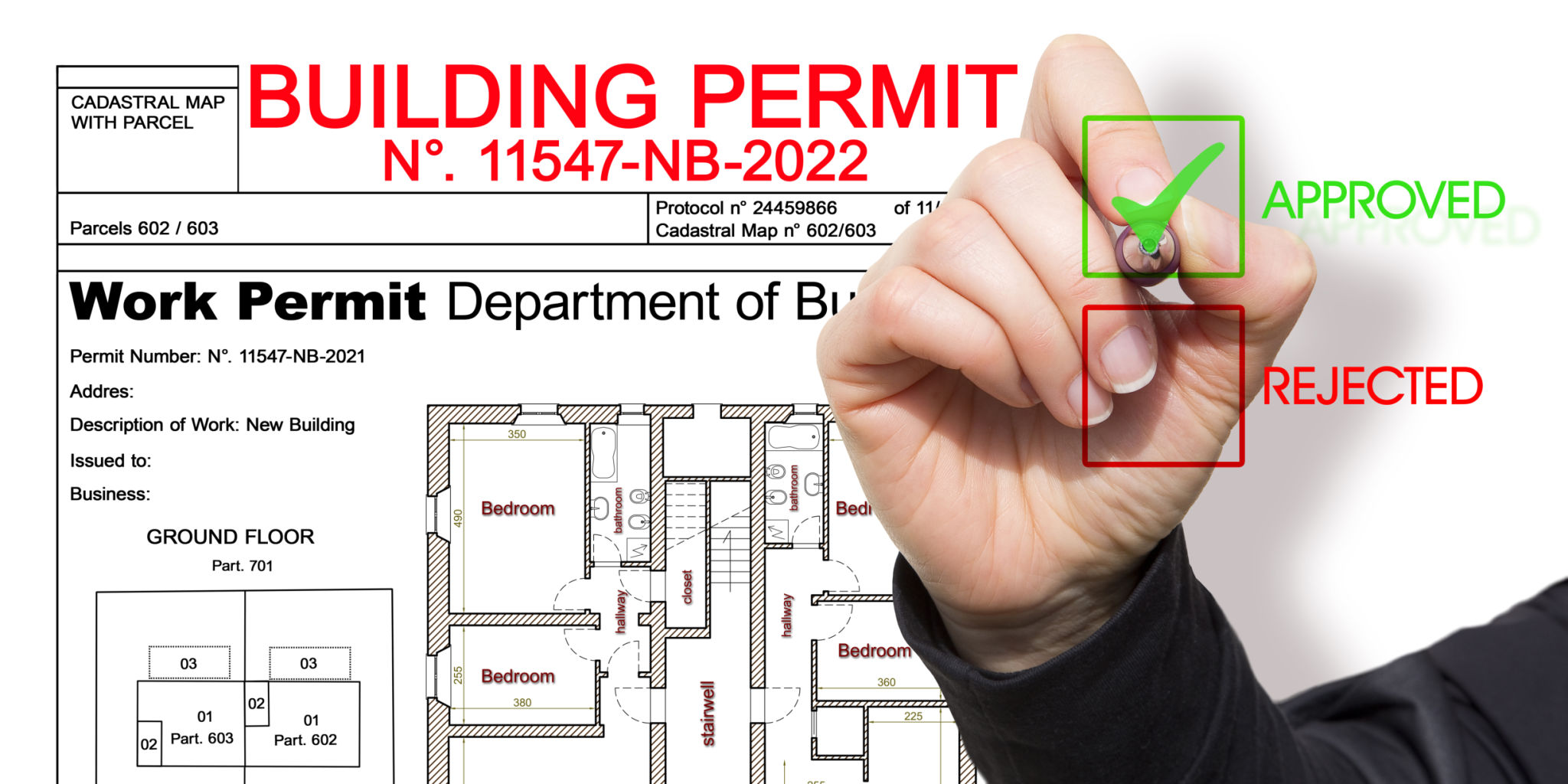Debunking Common Myths About Home Extensions
The Cost Myth: Too Expensive to Consider
One of the most pervasive myths about home extensions is that they are prohibitively expensive. While it's true that adding to your home requires an investment, it doesn't have to break the bank. Many homeowners find that the cost of an extension can be more economical than moving to a larger home. With careful planning and budgeting, you can create a space that meets your needs without overspending.

It's important to get multiple quotes and work with reputable contractors who can offer transparent pricing. Additionally, consider what value an extension might add to your home, potentially increasing its market value in the long run.
The Space Myth: Extensions Require Large Plots
Another common misconception is that you need a large plot of land to build an extension. In reality, there are numerous options for homes with smaller yards. Vertical extensions, for example, can add a second story to your home, maximizing space without requiring extra land.
Innovative design solutions can also make the most of limited space. Architects and designers can work with you to create a functional and aesthetically pleasing extension that fits seamlessly into your existing property.

The Disruption Myth: Too Much Hassle
Many homeowners fear that building an extension will disrupt their lives for months on end. While construction does involve some level of inconvenience, a well-organized project can minimize this disruption. Clear communication with your contractor and a detailed timeline can help keep the project on track.
Planning the build during a time of year when it least impacts your daily routine can also make the process smoother. Many find that the short-term inconvenience is well worth the long-term benefits of an improved living space.

The Design Myth: Extensions Don't Match the Original House
Some worry that a home extension will not blend well with the existing structure, resulting in an awkward or unattractive appearance. However, with careful design and planning, extensions can be made to complement the original architecture beautifully.
Modern materials and techniques allow for seamless integration, whether you prefer a contemporary look or something more traditional. Consulting with an experienced architect can ensure that the new addition enhances both the functionality and aesthetic of your home.
The Permits Myth: Too Complicated to Obtain
Obtaining the necessary permits for a home extension can seem daunting, but it's often simpler than expected. Local regulations vary, but most areas have clear guidelines and resources available to help homeowners through the process.
Working with professionals who are familiar with local building codes can streamline the process, ensuring that all paperwork is handled efficiently. This can prevent delays and ensure that your project complies with all necessary regulations.

The Value Myth: Extensions Don't Add Value
Some people mistakenly believe that home extensions do not add significant value to a property. In reality, a well-designed extension can significantly increase a home's market value. This is especially true if the extension adds functional space, such as an extra bedroom or a home office.
Buyers often look for homes that offer flexible living arrangements, and an extension can make your home more appealing in a competitive market. It's an investment that can pay off both in terms of personal enjoyment and financial return.
